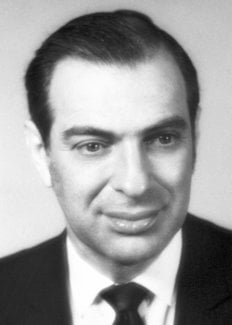Kenneth Arrow was born August 23, 1921. He got his bachelor's at City College in New York in Mathematics. He then went on to earn his master's in Mathematics from Columbia University. After this he shifted his focus to the study of Economics. He was an assistant professor at the Stanford for Economics and Statistics from 1949 until 1968. He then started working at Harvard as a professor of Economics until his retirement in 1991.
Kenneth Arrow received the Nobel Prize in Economics (Jointly with Sir John Hicks) in 1972 for "pioneering contributions to general equilibrium theory and welfare theory". Arrow also did research into the inefficiency of government price controls, racial economics, and the role of production experience increasing efficiency for a company. His work forms some very important bases for modern economics.
https://www.nobelprize.org/prizes/economic-sciences/1972/arrow/biographical/
https://www.econlib.org/library/Enc/bios/Arrow.html
I did not know who Kenneth Arrow was before I was assigned this alias. Of course, I did know of equilibrium theory as it is the entire point of economics as I have learned it so far. I think that Arrow's work is important to the economics of organizations as equilibrium theory is applicable to most economic situations.
Kenneth Arrow received the Nobel Prize in Economics (Jointly with Sir John Hicks) in 1972 for "pioneering contributions to general equilibrium theory and welfare theory". Arrow also did research into the inefficiency of government price controls, racial economics, and the role of production experience increasing efficiency for a company. His work forms some very important bases for modern economics.
https://www.nobelprize.org/prizes/economic-sciences/1972/arrow/biographical/
https://www.econlib.org/library/Enc/bios/Arrow.html
I did not know who Kenneth Arrow was before I was assigned this alias. Of course, I did know of equilibrium theory as it is the entire point of economics as I have learned it so far. I think that Arrow's work is important to the economics of organizations as equilibrium theory is applicable to most economic situations.

As a sidebar, you might be interested to learn that Arrow coined the term "moral hazard" initially in reference to insurance markets. We will use that term a lot in our class, often in terms of labor supply decisions.
ReplyDelete